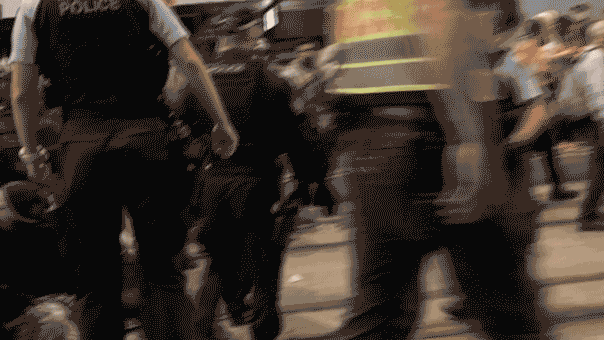TALLINN, Estonia – Estonia's Parliament passed legislation on Wednesday banning human trafficking and making the Baltic nation the last EU country to enact such laws.
The lawmakers voted 91-0 in favor, with 10 members absent. President Toomas Hendrik Ilves is expected to make the bill law by approving in the coming weeks.
Estonia had been under pressure from the United States to adopt such legislation and thereby avoid being kept on a watchlist the U.S. State Department keeps of countries it regards as lax in fighting human trafficking. The list has included Belarus and Russia and EU members Cyprus and Malta.
Such criticism embarrassed Estonia, a small country that considers the U.S. a key ally and that has long been sensitive to its image overseas.
Andres Anvelt, of Estonia's opposition Social Democratic Party, called the bill passed Wednesday "a breakthrough" for the nation of 1.3 million people. "This is the first step forward in fighting human trafficking," Anvelt said in Parliament as lawmakers prepared to vote.
The U.S. Embassy is Tallinn also praised Estonia's government.
The new law "is a testament to the commitment both of Estonian lawmakers and of the NGOs who have worked tirelessly to secure justice for the victims of human trafficking and ensure substantial punishment" for perpetrators of the crime, embassy spokeswoman Michelle Schohn said in an email to The Associated Press.
The measure, fast-tracked by Estonia's Justice Ministry, makes human trafficking punishable by a maximum 15-year prison sentence. It also criminalizes sexual exploitation, including forcing minors to work as prostitutes or to appear in pornographic films and erotic performances.
Existing laws had ignored human trafficking issues such as the recruiting, transporting and exploiting victims, and allowed perpetrators to get away with short jail sentences or fines.
The last U.S. watchlist report had said Estonia was not sufficiently fighting forced labor and forced prostitution.
"Estonia is a source, transit, and destination country for women subjected to forced prostitution," that report had said, noting that women, particularly from rural areas, were at risk of being forced into prostitution in the capital, Tallinn. They also risked being taken abroad to work as prostitutes in countries such as Finland, Britain, Germany, Italy, and the Netherlands, the report said.
Estonian support groups for victims say typical cases involved women who were lured to work in striptease clubs as dancers but ended up being forced to offer sexual services to club clients.








































